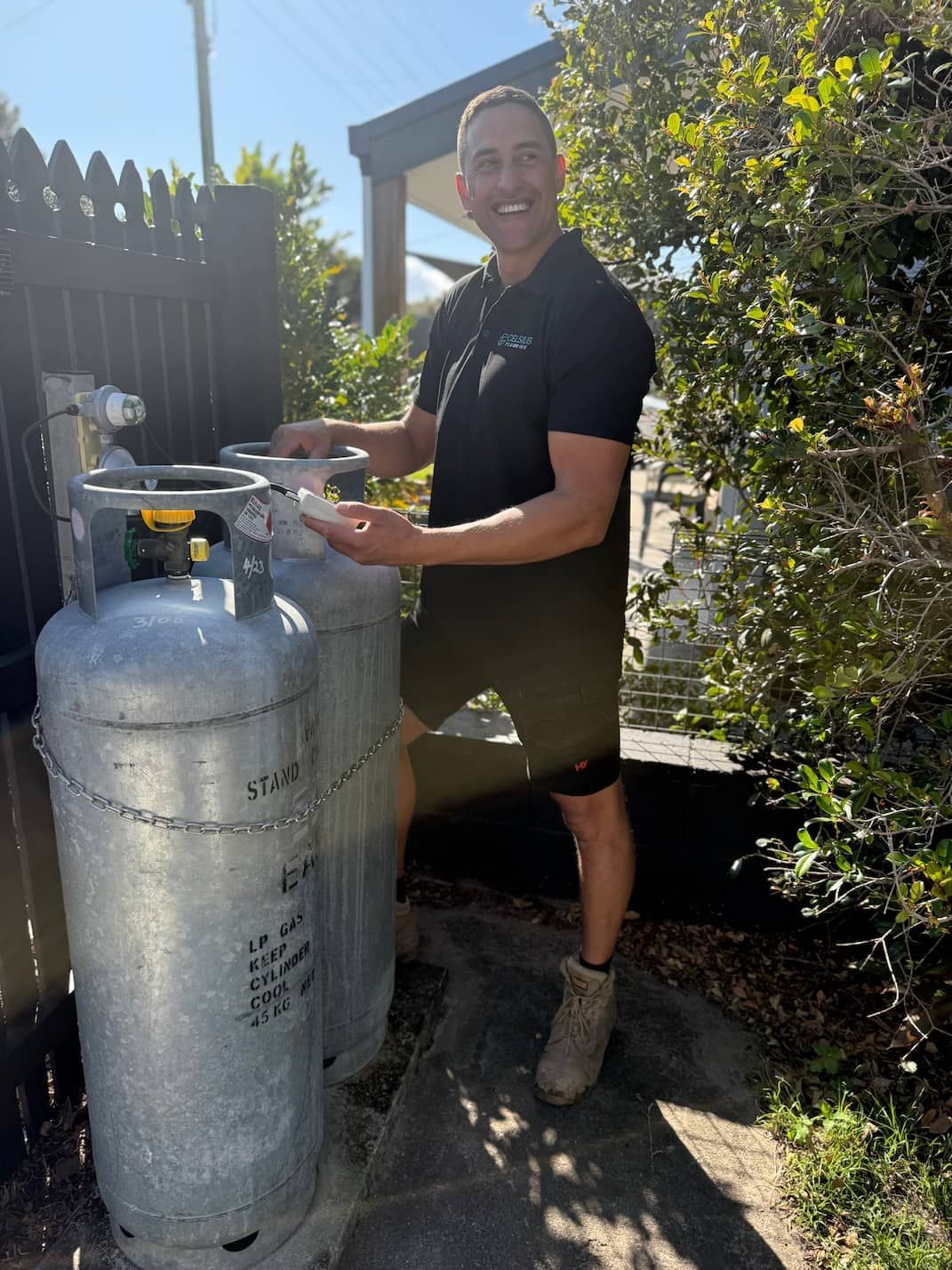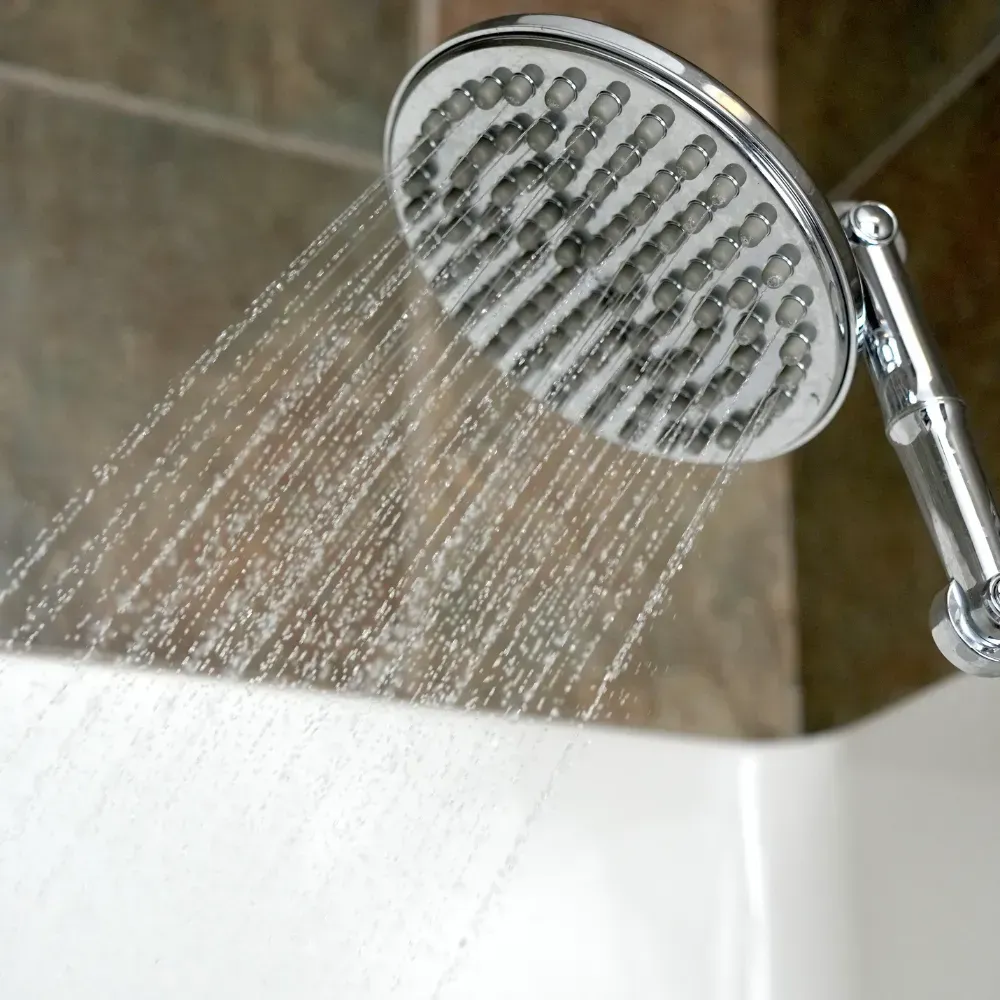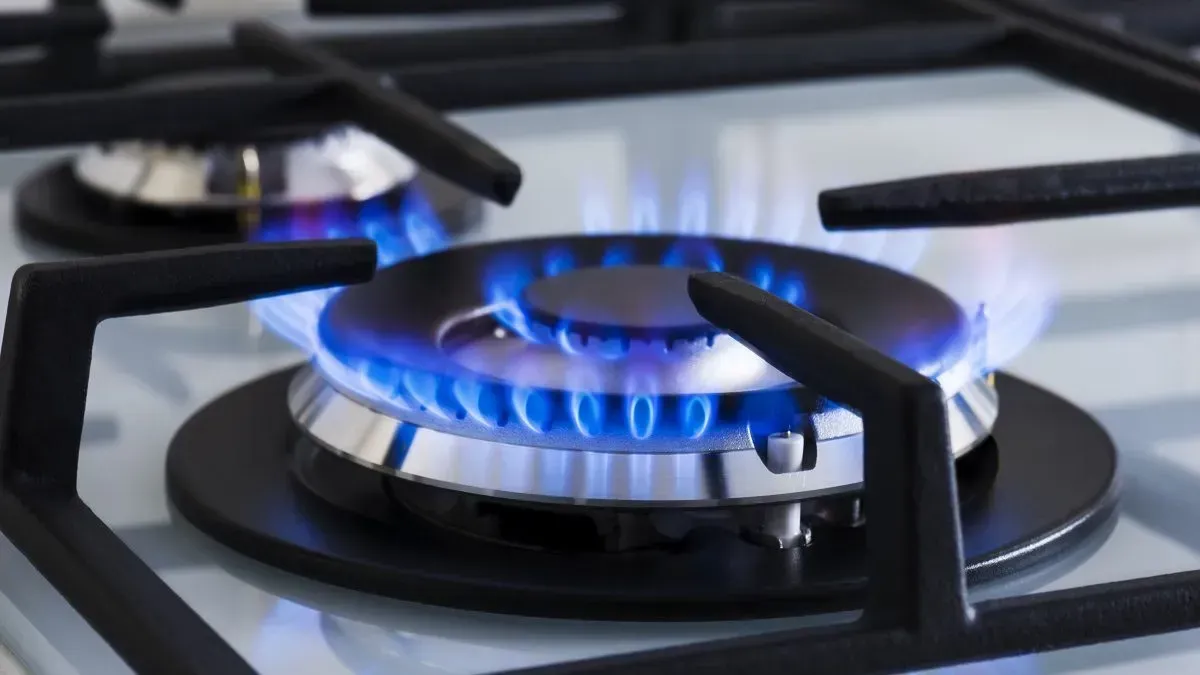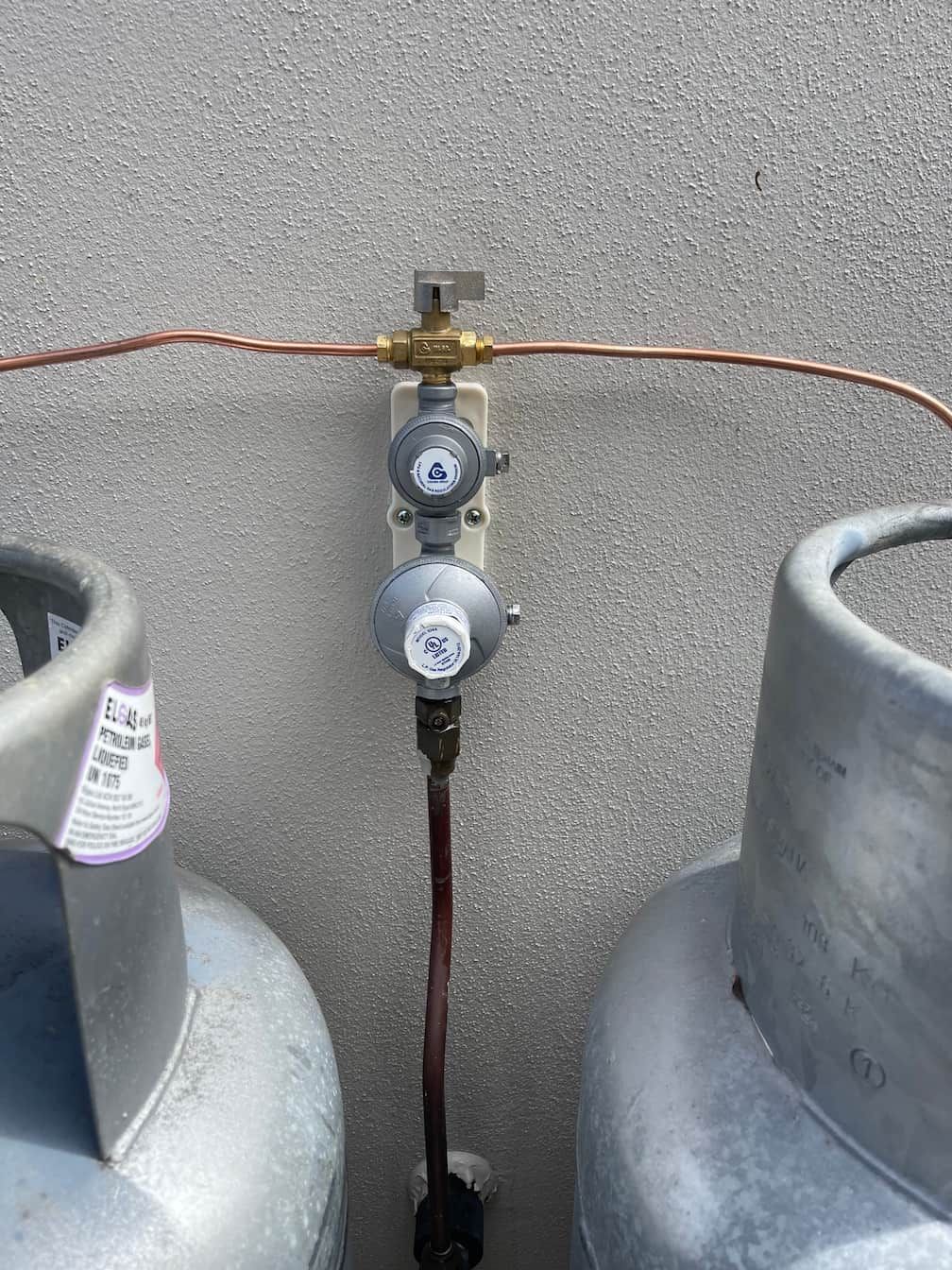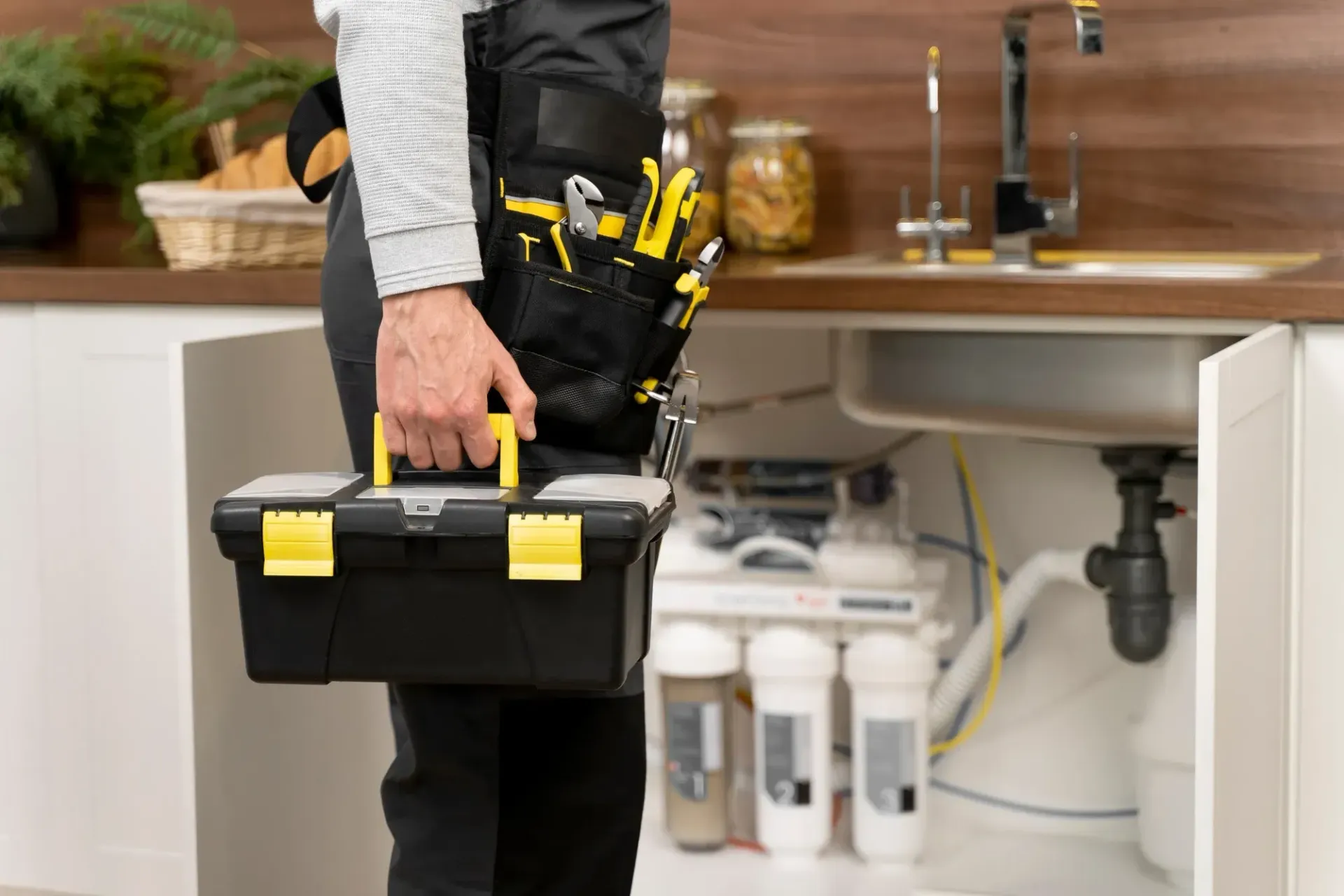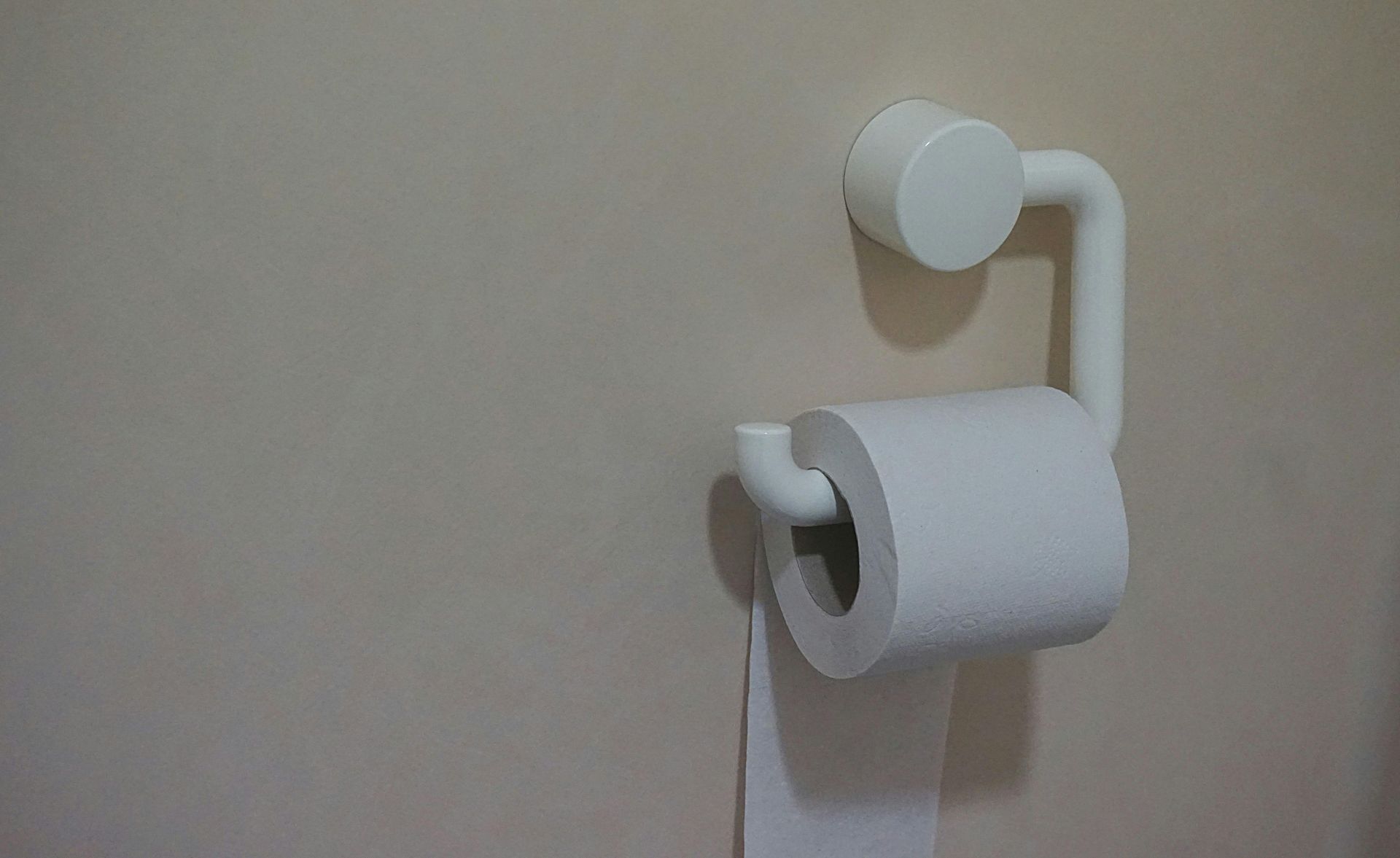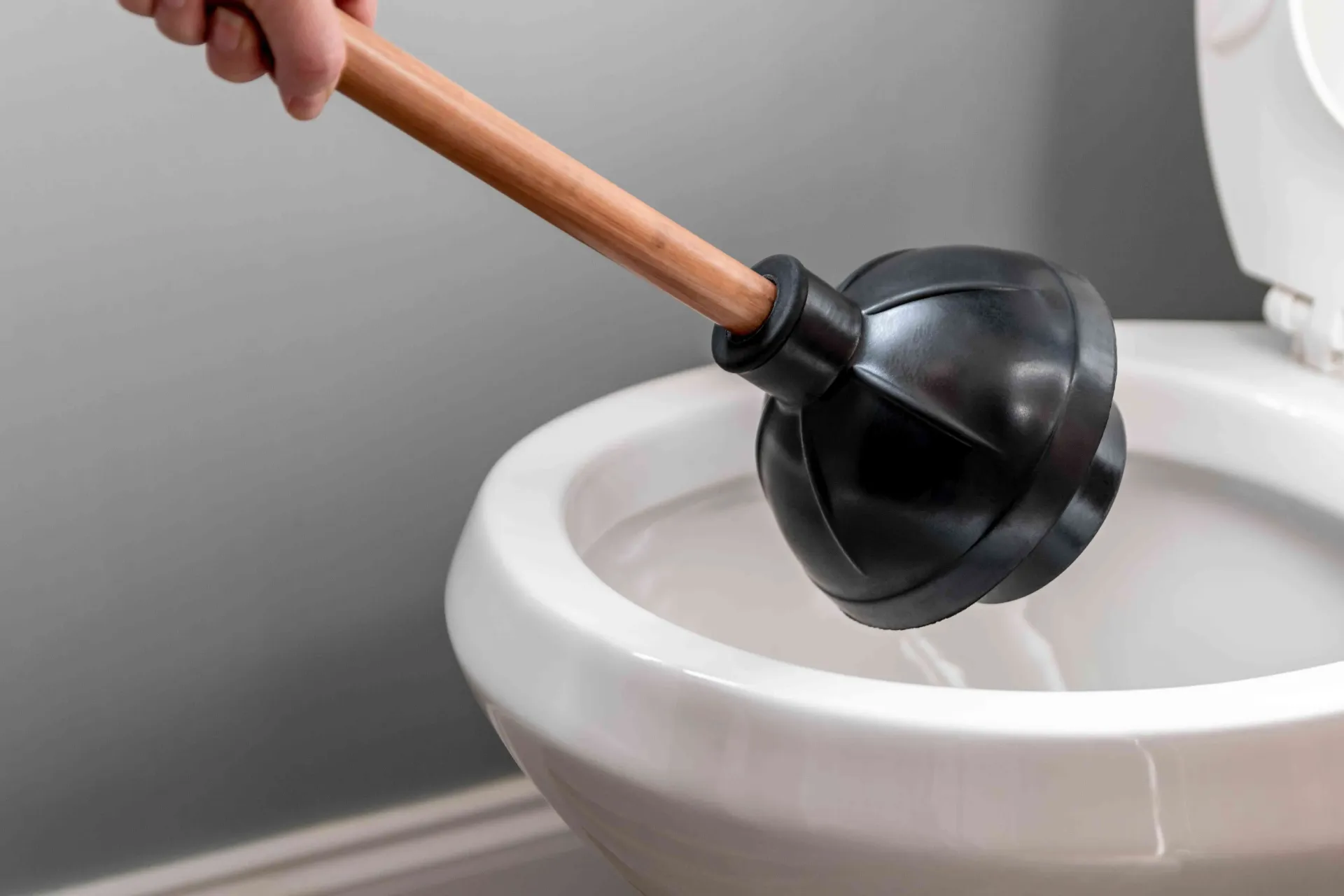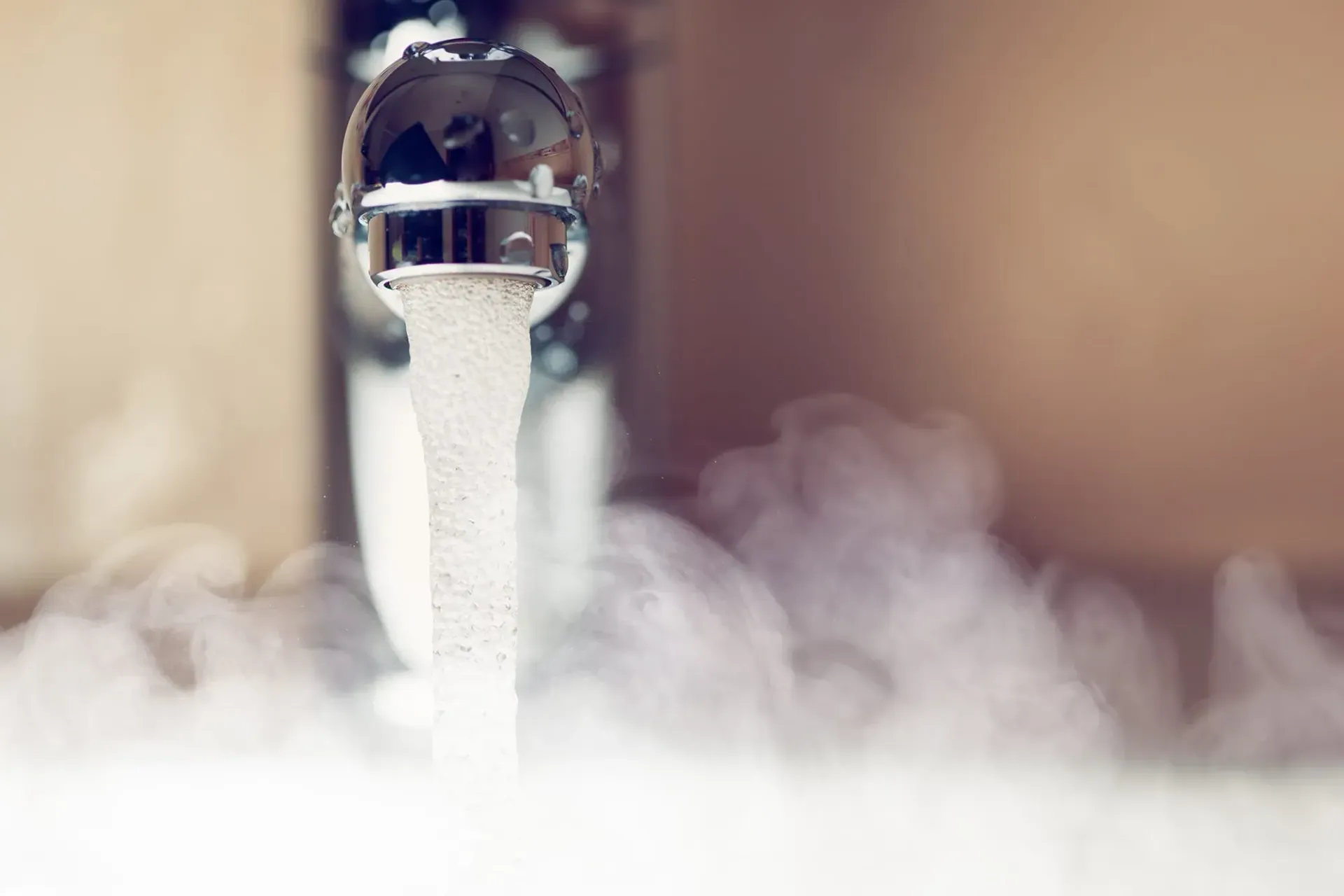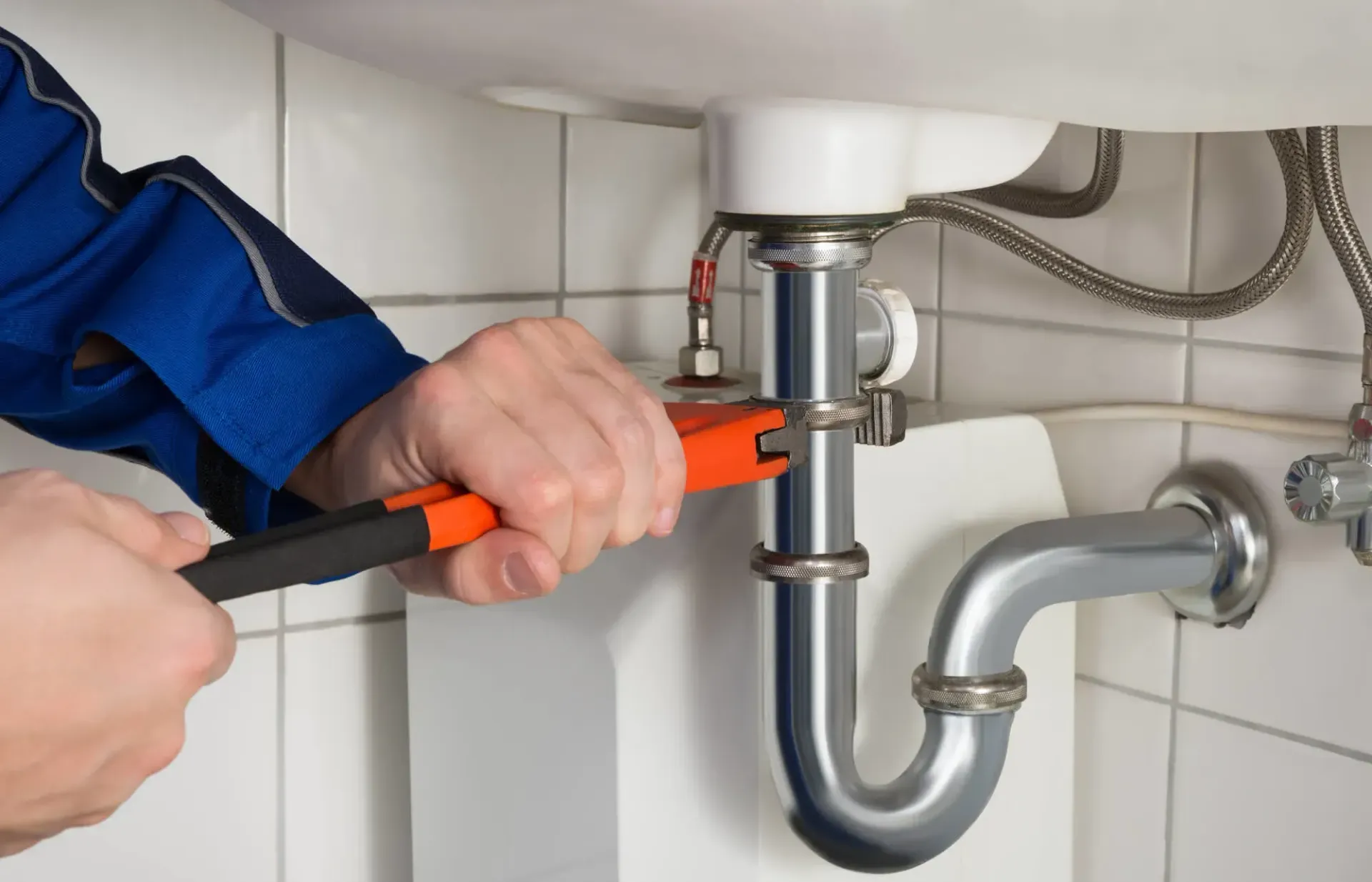How To Find a Water Leak
Water leaks often start small, but they can turn into major — and expensive — problems if you don’t act quickly. Even a slow, hidden leak behind a wall or under a floor can cause structural damage, rot, mould growth, electrical hazards, and sky-high water bills. Whether you’ve noticed damp patches, can hear running water, or simply suspect something isn’t right, finding the source of a leak early is the best way to protect your home and your wallet.
This comprehensive guide will walk you through how to tell if you have a leak, how to locate it, and what to do next.
Common Signs You May Have a Water Leak
Before searching for the source, it helps to understand the tell-tale signs of a leak. You may have a hidden plumbing leak if you notice:
- Unusually high water bills with no change in water usage
- Damp, wet, or discoloured patches on walls, ceilings, or floors
- Mould or mildew appearing on surfaces, especially in dry areas
- Musty smells that don’t go away, even after cleaning
- Peeling paint, bubbling plaster or swollen skirting boards
- Hissing, dripping or running-water sounds when taps are off
- Lower water pressure throughout the home
- Warm or cold spots on the floor, especially with slab leaks
- Constantly running water meter even when no water is being used
If you’ve noticed one or more of these, there’s a strong chance you have a leak somewhere in your plumbing system.
Step 1: Confirm Whether You Have a Leak
Before ripping up floors or pulling off wall sheeting, start by confirming whether your plumbing system is actually losing water. Here’s the simplest DIY method:
- Turn off all taps and water-using appliances — including dishwashers, washing machines, toilets and garden irrigation.
- Locate your water meter — usually near the front boundary.
- Check the leak indicator — many meters have a small triangle or dial that moves when water is flowing.
- Take a meter reading, then leave the water off for 30 minutes to an hour.
- Check the meter again. If the numbers have changed, or the indicator is spinning, you have a leak somewhere on your property.
If the meter is completely still, your plumbing system is likely intact — meaning the issue may be from another source such as roof leaks, groundwater, or poor drainage.
2. Narrow Down the Leak Location
Once you’ve confirmed you have a leak, work methodically through the most common problem areas:
1. Toilets
Toilets are one of the biggest sources of hidden leaks. Do a simple test:
- Add a few drops of food colouring to the cistern
- Wait 10–15 minutes (don’t flush)
- If coloured water appears in the bowl, the cistern is leaking into the pan
This is usually caused by a worn outlet valve or inlet valve, and can waste thousands of litres a year.
2. Taps, Showers & Fixtures
Inspect all taps, showerheads and mixers:
- Check under sinks for dripping pipes or damp cupboards
- Look for water pooling around the base of tapware
- Turn fixtures on and off — drips or hissing after shutdown indicates worn washers, cartridges or O-rings
3. Hot Water System
Check around your hot water unit for:
- Pools of water
- Rust marks
- A constantly running pressure relief valve
Hot water leaks not only waste water — they also waste energy and can lead to tank failure.
4. Walls, Floors & Ceilings
Hidden leaks often show up indirectly. Look for:
- Swollen timber, warped flooring or soft plaster
- Yellow or brown stains on ceilings
- Damp, musty or mouldy areas that never fully dry
If the leak appears on the ceiling, check the floor above or the roof plumbing, as water can travel before becoming visible.
5. Outdoor Areas & Underground Pipes
Walk the yard and check for:
- Wet patches in the garden during dry weather
- Greener, fast-growing patches of lawn
- Sunken or soft soil
- Water pooling near the house
- Running irrigation even when off (faulty solenoids are common)
These signs usually indicate a burst underground pipe.
3. Understand The Cause Of The Water Leak
Common plumbing leak causes include:
- Corroded pipes
- Poor installation
- Shifting soil or ground movement
- Worn tap washers or valves
- High water pressure
- Ageing hot water systems
- Tree roots invading underground pipes
- Movement in concrete slabs
- Faulty waterproofing in bathrooms
Knowing the likely cause will guide the repair strategy — but without proper equipment, exact leak location can still be difficult to confirm.
Why Acting Fast Matters When It Comes To Leaks
Water leaks don’t fix themselves — they get worse over time. Ignoring a leak can lead to:
- Structural damage to walls, floors and foundations
- Rotting timber framing and roof structures
- Electrical hazards where leaks reach wiring
- Mould spores, which can trigger asthma and respiratory issues
- Attracting termites, who thrive in damp environments
- Massive excess water bills
- Full pipe bursts, flooding and costly emergency repairs
The longer a leak is left, the more expensive the repair becomes. That’s why it’s critical to act quickly.
When To Call A Professional For A Water Leak
DIY leak detection is fine for narrowing down the general area, but a qualified plumber has:
- Leak detection equipment (thermal imaging, CCTV cameras, acoustic sensors, pressure testing tools)
- The ability to diagnose the exact source without unnecessary damage
- Licensing and experience to repair the issue safely and properly
- Knowledge of Australian Standards and plumbing regulations
If you can’t find the source or don’t feel confident, it’s time to call in a specialist.
What To Do Next: Call Celsius Plumbing
If you suspect a water leak — even a minor one — don’t wait. Hidden leaks are one of the most destructive plumbing problems a homeowner can face, and waiting will only increase the damage and the repair cost.
Celsius Plumbing can:
- Pinpoint hidden leaks quickly
- Repair the issue before it spreads
- Prevent mould, damage and high water bills
- Restore your plumbing system to normal fast
Call Celsius Plumbing today for expert leak detection and repair. We’ll locate the source, fix it properly, and protect your home from further damage.
Written by Justin from Celsius Plumbing
Meet Justin, the owner of Celsius Plumbing. With over 15 years of industry experience, Justin combines technical expertise with a commitment to clear communication and reliable service.

